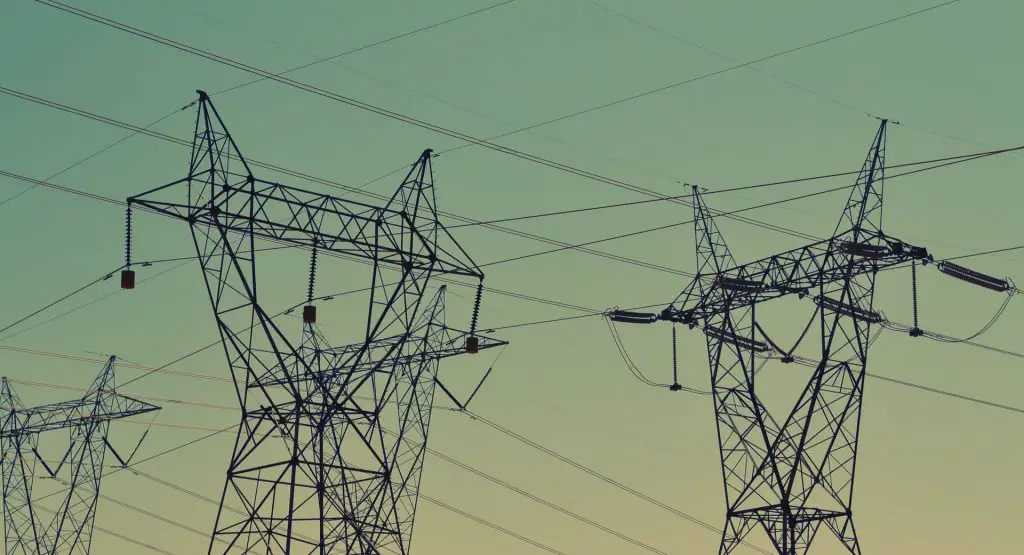With the increasing popularity and demand for smart cities, the number of startups that operate in this field is growing significantly as well. These are providing many innovative ideas and technologies that will make our cities even more efficient and sustainable. In the following article, we want to take a look into the most promising and already successfully implemented solutions for smart cities.
Smart Grid
The “Smart Grid” is a technology that builds upon the electric network which provides electricity for buildings and infrastructure throughout the city. What makes it “smart” is the ability to communicate and control the flow of energy within the grid. In combination with other technologies such as intelligent metering, machine learning, IoT, and a fast internet connection it is a successful solution for smart cities and has already been implement in various countries. The smart grid brings many advantages over a traditional grid such as easier detection of malfunctions, intelligent regulation of demand, better integration with renewable energy sources, and improved security.

Mobile Devices
There are approximately 6.4 billion people that have access to a smartphone and in urban areas, the usage rate is most likely even higher than in rural areas. Thus it can be a big advantage to use the potential of this technology. There are many apps that provide a solution for smart cities, some of them you might already use on a day-to-day basis.
For example Google Maps. It provides citizens with the ability to travel through the city easier and quicker. Mobility apps for car sharing, electric scooters, bicycles and more, help to increase the efficiency and accessibility of transportation methods. Some smart cities, such as Singapore, have implemented apps to support their citizens by providing information and alerts on environmental data. In addition, people can report any issues they have encountered in the city.
IoT Devices
The internet of things or IoT is an essential concept needed for successful smart cities. It describes sensors and technologies which connect the physical world to the internet. Cities will become more efficient when they are able to monitor important data such as air quality, traffic, energy usage, waste levels, demand for transportation, and more. With devices such as smart meters, air quality sensors, parking sensors, lighting sensors and smart cameras, cities can become more sustainable for their citizens, businesses and the environment.
Smart Mobility
Smart mobility is the concept of using information and modern technologies to make transportation faster, more reliable and more sustainable. This includes sharing of cars and bikes, on-demand access, autonomous vehicles and even the implementation of new transportation methods such as drones. Additionally, public transport can be improved by using real-time data to provide more accurate timetables and routes.
Smart mobility does not only work for the citizens themselves, but also for businesses that operate in the city. Thanks to these new technologies, goods can be distributed faster and at lower costs. With data analysis, the best routes can be calculated depending on the level of traffic, to deliver products in less time and with a lower impact on the environment.

Conclusion
Every day, new technologies and solutions for smart cities are getting developed and implemented. Their goal is to make urban areas more sustainable and efficient for their society, economy and environment. Some of the most successful technologies are in the field of energy management with smart grids, mobile communication, data analysis with the IoT, and transportation.
